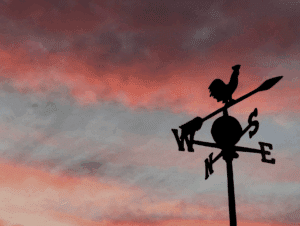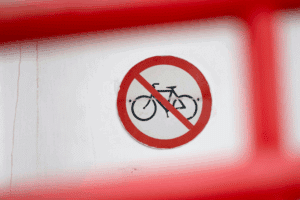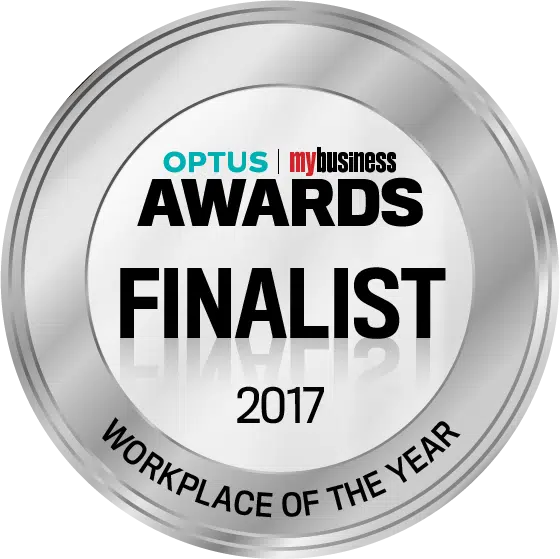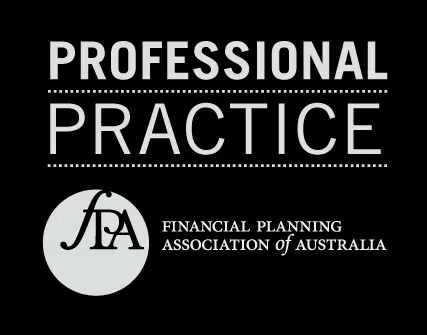Most business owners start out chasing freedom, only to find themselves more trapped than ever. But it is possible to build a business that runs without you, create a genuine work-life balance, and protect your mental health. It just takes discipline, proper systems, and sometimes, a complete mental break from it all.
You didn’t start your business to work 70-hour weeks.
You didn’t dream of being the person everyone depends on for every decision, unable to take a proper holiday without your phone buzzing constantly. You certainly didn’t sign up for the cognitive load that sits on your shoulders at 3 am when you can’t sleep.
Yet here you are. Running a business you built for freedom, but somehow it’s running you instead.
Most business owners have simply swapped one boss for many. Staff, clients, suppliers, compliance requirements. Everyone needs something from you. The idea of being unreachable for even a week feels impossible, let alone a month.
But what if it didn’t have to be this way?
Did you know that Collins SBA’s Managing Director disappears for a month each year?
Unreachable. No emails. No phone calls. Only a Garmin Inreach for tracking and emergency messages.
Jonathan Elliot, Managing Director at Collins SBA, spends that time doing something most people would consider impossible: riding his bike across some of the world’s most remote terrain. This year, it was nearly 2,000 kilometres across Kyrgyzstan. Through mountain passes at 4,000 metres. Snowstorms, river crossings, food sickness and some stretches of over 400 kms between food re-supply.. Fourteen days to complete it, totally self-supported.
He’s done eight of these ultra bikepacking races since 2014 including twice across the European continent, New Zealand and Australia, . Now race 3 completed of the Silk Road Mountain Race in Kyrgyzstan. Solo. Carrying everything he needs on his bike.
Sounds like a luxury you can’t afford, doesn’t it?
But here’s the thing: Jonathan didn’t start with a business that allowed this kind of freedom. He deliberately built one.
The question isn’t whether you can afford to step away
“You give a lot in a leadership role in business,” Jonathan explains. “You’re responsible for so much. You do carry that sense of responsibility and stress with you. It’s hard to switch off. The big decisions always come through you.”
Sound familiar?
If your business can’t run without you for a week, you don’t own a business. You have a job with extra responsibility and no sick leave. And eventually, that catches up with you.
Here’s where most business owners get it wrong. They think freedom means working less, being more relaxed, and taking things easier.
Jonathan’s approach is the opposite. Creating freedom requires intense discipline and hard work up front.
For six to nine months before each race, he’s training four to five times a week. He gets up at 4:30 am to ride for an hour and a half in his garage before the family wakes up. Longer endurance rides on weekends, carefully scheduled around family commitments.
“I have to make time for myself, but I can’t take away from the other commitments I have,” he says. “So you’ve got to fit yourself in there somewhere. If you don’t make those planning decisions, then it’s not going to happen.”
The same principle applies to your business. You don’t accidentally build a business that runs without you. You systematically engineer it.
At Collins SBA, that means clear governance structures. Defined position descriptions. Formal delegations of authority. People know exactly what they’re responsible for, how much they can spend, and what decisions they can make independently.
“It’s not about imposing a lot of rules on people, it’s about giving people clarity so they can operate as independently as possible,” Jonathan explains. “The alternative is you’re a micromanager and people feel they’ve got to come through you to get anything done.”
Balance isn’t choosing between work and life.
Let’s be honest. You’re not just a business owner. You’re also a partner, maybe a parent, a person with your own needs and interests.
The mistake is thinking you have to choose. Business or family. Work or health. Ambition or balance.
Jonathan’s running a medium-sized business with significant responsibility. He’s there for his family, helping get the kids ready for school, taking them to sports. And he’s still finding time to train for races that would break most people.
“What is freedom?” he asks. “It permits that balance of achieving big goals in business, being there for my family, being a role model for my kids, and being a leader in business. And I think to be strong in those areas, you’ve actually got to look after yourself.”
You can’t show up as your best self at work or at home if you’re not taking care of your own mental and physical health.
“It’s like the safety demonstration on every flight,” Jonathan points out. “You put your own oxygen mask on first before helping others. If you’re not coping mentally or physically, how can you be your best leader at work or be your best for your kids?”
Why mental breaks matter.
Business ownership is lonely. The stress is constant. The responsibility never fully switches off.
Jonathan’s races serve a specific purpose beyond the physical challenge. They’re complete mental breaks from everyday pressures.
“Life becomes really simple,” he describes. “You’ve only got to think about riding your bike, maintaining the bike, eating, staying hydrated and sleeping. If you’re feeling a bit ordinary, it’s either because you’re not hydrated, you need more food, or you need sleep. It’s one of those three things.”
Compare that to your average day. HR issues, marketing decisions, compliance requirements, financial planning, client relationships, and strategic direction. Noise from every angle, competing priorities, constant decisions.
The mental load is relentless unless you create space for it not to be.
And here’s what changes when you regularly put yourself through genuine hardship: your threshold for what constitutes a real problem shifts dramatically.
“When you go and ride 15 hours a day through snowstorms and you’re hungry, you’ve run out of water, you’re dealing with a slashed tyre,” Jonathan says, “then you get back and you’re dealing with some sort of speed bump in business. It’s like, yeah, whatever. I’m warm, I’m dry, I’m not crossing a river at the moment. My life’s not in danger. Actually, the basics are pretty sweet right now.”
That perspective is invaluable. When you’ve navigated truly challenging situations, everyday business problems become more manageable.
Building the business you actually wanted.
So how do you get from where you are now? Maybe you feel trapped in your business, working too many hours, unable to switch off, whereas Jonathan can disappear for a month and come back to a business that’s running well?
It starts with accepting that your current situation is a choice. You’ve built a business that needs you for everything. You can build one that doesn’t.
That requires clear systems and governance. Real delegation of authority, not just tasks. People need decision-making power, not just a to-do list.
“I’ve always had the mindset that I don’t want to be needed all the time,” Jonathan explains. “Eventually, I want to make myself redundant from my role. I’m not going to be in the business forever, so it can’t be dependent on Jono personally.”
It also requires protecting your own mental health as a strategic priority, not an afterthought. Building in genuine recovery time where you’re completely disconnected.
And it requires discipline. In business, you’ve got to do the mundane, laborious stuff repetitively. Not everything’s exciting. But immersing yourself in challenges outside work, whatever form that takes, creates habits that carry over.
“You do it because you’ve got to do it if you want to get somewhere,” Jonathan says.
For freedom’s sake.
Freedom isn’t avoiding responsibility. It’s building the systems and habits that let you handle responsibility without being consumed by it.
It’s having a business that works whether you’re in the office or unreachable at 4,000 metres. It’s being present for your family because you’ve created space to be. It’s looking after your mental health because you understand that’s not selfish, it’s essential.
You started your business for freedom. It’s time to actually build it.
Want to create a business that gives you genuine freedom? We help business owners gain the clarity, confidence and control to live their best life. Contact Andrew at apearce@collinssba.com.au to find out more.






















